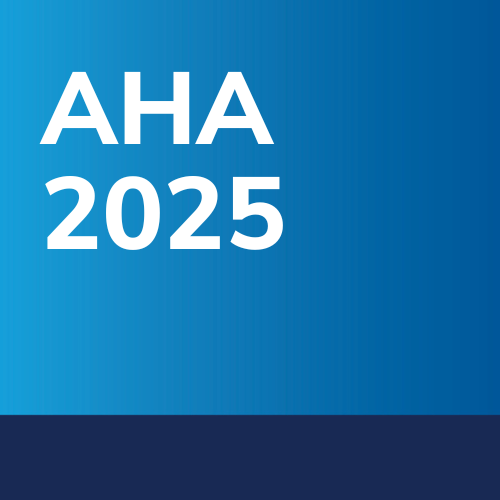Two new studies presented at AHA 2025 shed light on post-ablation strategies for atrial fibrillation (AFib). The DARE-AF trial found that a three-month course of dapagliflozin failed to prevent early AFib recurrence in patients without current indications for SGLT2 inhibitors. In contrast, the META-AF study reported that adding metformin to standard care reduced AFib episodes in individuals with obesity or overweight – despite no diagnosis of diabetes.
Researchers with DARE-AF randomly assigned 200 patients in China with persistent AFib (mean age 58 years/19.5% women) to either dapagliflozin (10 mg once daily for three months) or control. The primary endpoint was AFib burden at three months post-ablation, while secondary endpoints included time to events, quality of life, and improvement of atrial remodeling.
In presenting the findings, which were also published in Circulation, Chao Jiang, MD, said overall results showed an insignificant difference in AFib burden between the dapagliflozin group and the control group (7.5 ± 23.6% vs. 8.1 ± 25.5%; p=0.48). Atrial arrhythmia recurrence was similar, occurring in 29.6% of patients in the dapagliflozin group and 28% of patients in the control group. No significant differences were observed between the two groups in terms of changes to quality of life or left atrial diameter.
In the META-AF study comparing metformin plus standard care with standard of care alone following ablation, researchers found the diabetes medication resulted in fewer episodes of AFib following in patients with both AFib and obesity/overweight, but no diabetes.
The study randomly assigned 99 adults following ablation to receive either usual care (lifestyle education about physical activity, healthy eating, sleep and managing other medical conditions) or usual care plus metformin. At one year, researchers found that 78% of participants in the metformin group had no episodes of AFib lasting 30 seconds or more compared with 58% of participants in the usual-care group.
Additionally, fewer patients in the metformin group needed a repeat ablation or electric shock during an AFib episode (6% vs. 16%, respectively). Researchers did note that a significant number of study participants (12 of 49) stopped taking metformin due to side effects or because they felt better or didn’t want to add a medication to their regimen.
“Treatment with metformin in people with obesity who do not have diabetes and are undergoing AFib ablation seems to lower the likelihood of recurrent AFib or atrial arrhythmias after a single procedure,” said Amish Deshmukh, MD, in presenting the findings. “While most people tolerated the medication well, a significant number stopped taking it due to side effects or because they felt well and did not want to add another medication to their regimen.”
The results raise the question of whether other medications for diabetes and weight loss, such as GLP-1 receptor agonists, may have similar benefits and side effects in adults without diabetes with AFib and obesity. Future studies should compare the impact of metformin with other diabetes medications in treating adults with obesity and AFib, the authors said.
Clinical Topics:
Arrhythmias and Clinical EP, Diabetes and Cardiometabolic Disease, Implantable Devices, SCD/Ventricular Arrhythmias, Atrial Fibrillation/Supraventricular Arrhythmias
Keywords:
AHA Annual Scientific Sessions, AHA25, Arrhythmias, Cardiac, Metabolic Syndrome

